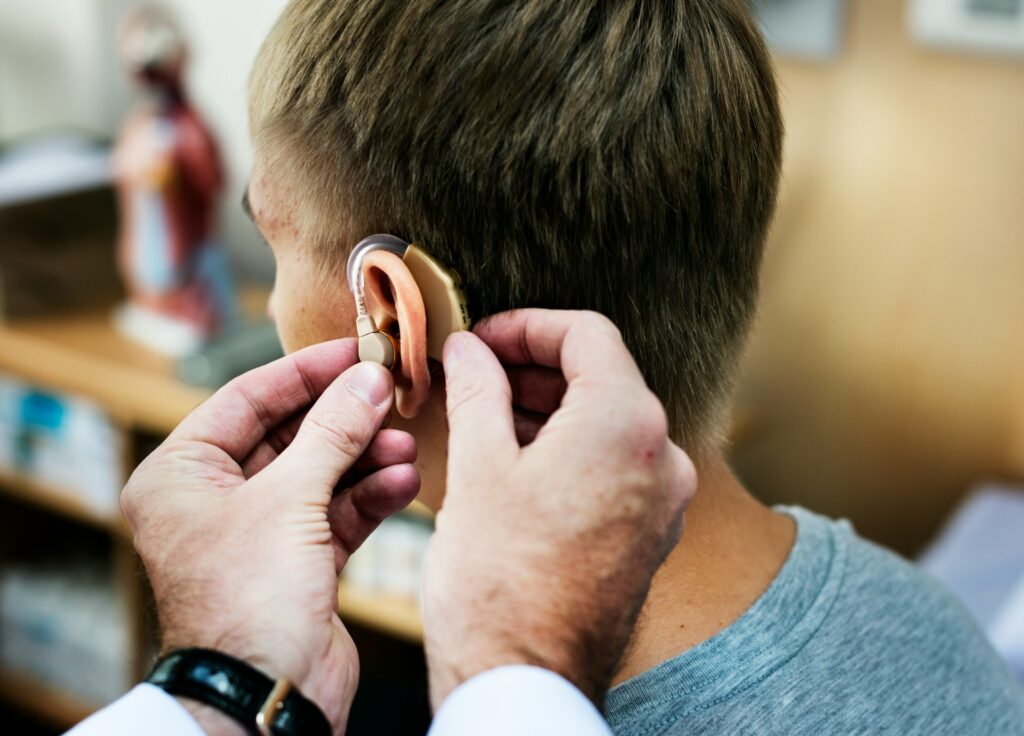Balance issues can cause a feeling of disorientation and instability. These symptoms can cause you to feel unsteady on your feet, like spinning or swaying, even when you’re standing still or sitting down. This can lead to a fear of moving or falling and affect your day-to-day activities. In some cases, it can even lead to falls and injuries.
Causes of Balance Problems
Various factors, such as ear infections, inner ear dysfunction, head trauma, poor blood flow, certain drugs, chemical imbalances in the brain, low or high blood pressure, neurological diseases, arthritis, and the natural aging process, can cause balance issues. Vertigo, for example, can cause dizziness when the head is moved. This can be the result of an inner ear infection or inflammation. The flu or other respiratory illnesses can also lead to this condition.
Meniere’s disease is when the volumes of fluid in the ear are altered, leading to balance issues, hearing loss, and ringing in the ears. Its origin is unknown. Head injuries, strenuous physical activity, ear infections, and changes in atmospheric pressure can result in fluid from the inner ear leaking into the middle ear, leading to balance problems. Prolonged sea travel can cause balance issues that may take days or even months. Tours such as acoustic neuromas may also be linked to balance issues.
Diagnosing Balance Problems
Balance problems can be difficult to diagnose and treat because of many different causes. Your doctor will likely ask about your symptoms and review your medical history. Depending on their findings, they may refer you to an ear, nose, and throat specialist for further testing. Tests such as blood tests, hearing exams, eye movement tests, and imaging scans of the brain and head may be used to determine the cause and intensity of the problem. Posturography, which is a study of your posture, may also be done.
Treating Balance Issues
Balance difficulties may be addressed by targeting the source of the problem, such as an illness. The following methods may help to restore balance and improve overall health:
-
Medications
Your doctor will look into your medication regimen. They will possibly change it or adjust the dosage for you. If your condition results from a bacterial ear infection, your physician can give you medicine to treat it. If you experience nausea, they might give you medicine to help with that. Additionally, they may inject a few corticosteroids behind the eardrum to help decrease the feeling of dizziness.
-
Surgery
If you have Meniere’s disease, your doctor may suggest that you have surgery on your inner ear, which is part of your vestibular system and helps you keep your balance. Meniere’s Disease is a disorder of the inner ear that affects balance and hearing and sometimes produces a ringing in the ears. It is a chronic condition with no known cure, though there are ways to manage it. One of the effective treatments is surgery on the inner ear.
-
Home Care
To manage vertigo, your doctor may suggest a series of exercises that can be done at home or with a physical therapist. One of the most popular techniques is the Epley maneuver, which requires you to sit up, quickly lay back, and turn your head to one side. This should be done for a few minutes, after which you should sit up again.
If the cause of the vertigo is undetermined or untreatable, your doctor may instruct you on ways to reduce your risk of injury. This could involve using a cane or handrails and getting help when using the restroom or going up and down stairs. It’s usually best to avoid driving if the condition is severe.
Conclusion
Poor balance is a condition that affects many people and can be caused by various factors. Poor balance can affect physical activities, cause dizziness, and lead to falls and injuries. The causes of poor balance can range from physical impairments to medical conditions to lifestyle choices. Treatments for poor balance vary depending on the cause and severity of the condition. They can include physical therapy, balance exercises, medications, and lifestyle changes. It is important to seek professional advice to ensure the treatment is tailored to the individual’s needs.
Country Hearing Care provides hearing tests, hearing aids, balance issues, hearing aid servicing, wax issues and more. We offer a wide range of hearing services to cover all of your needs. If you’re looking for a hearing aid centre in Australia, we’ve got you covered! Get in touch with us today and let us know how we can help!










